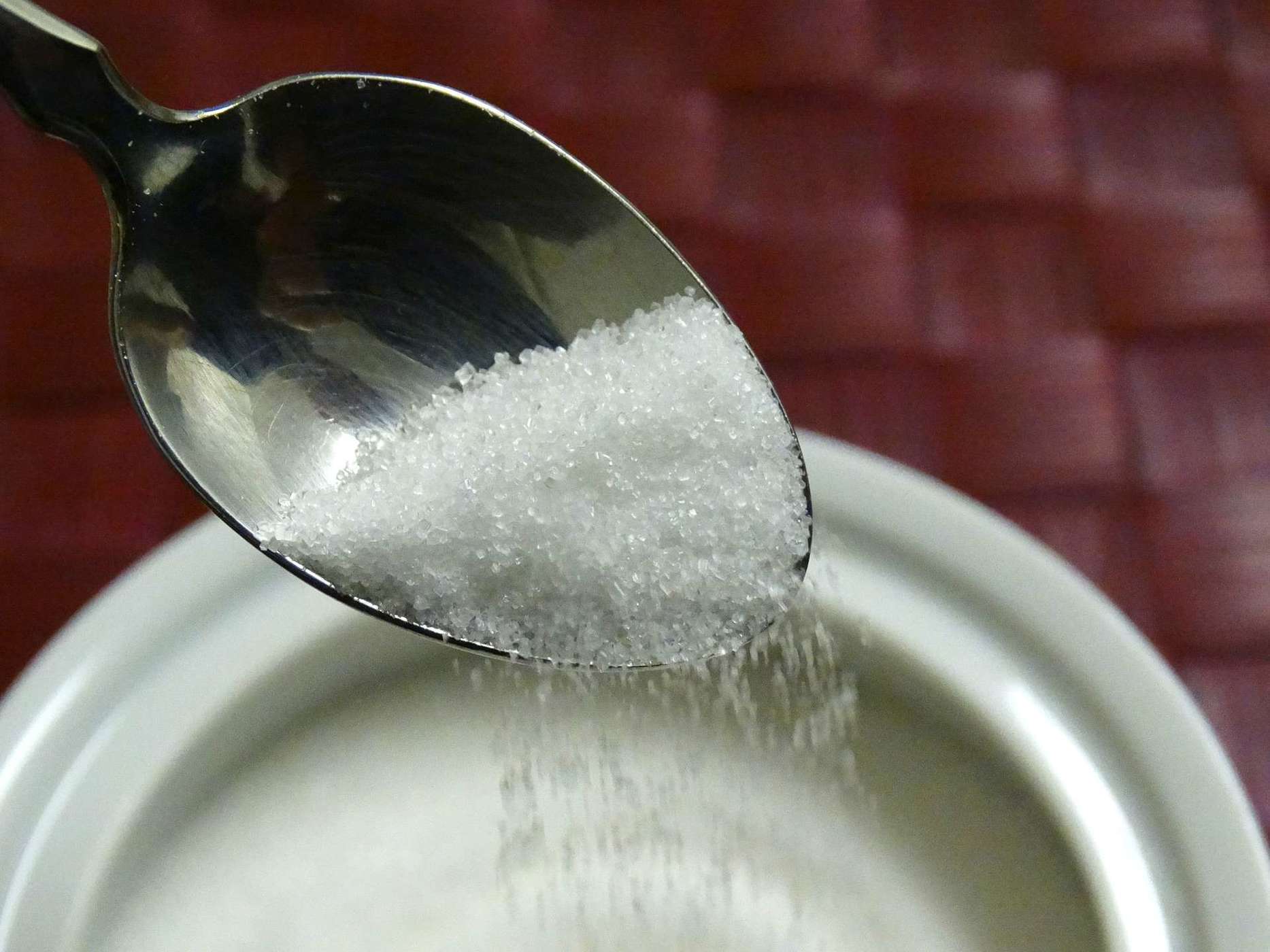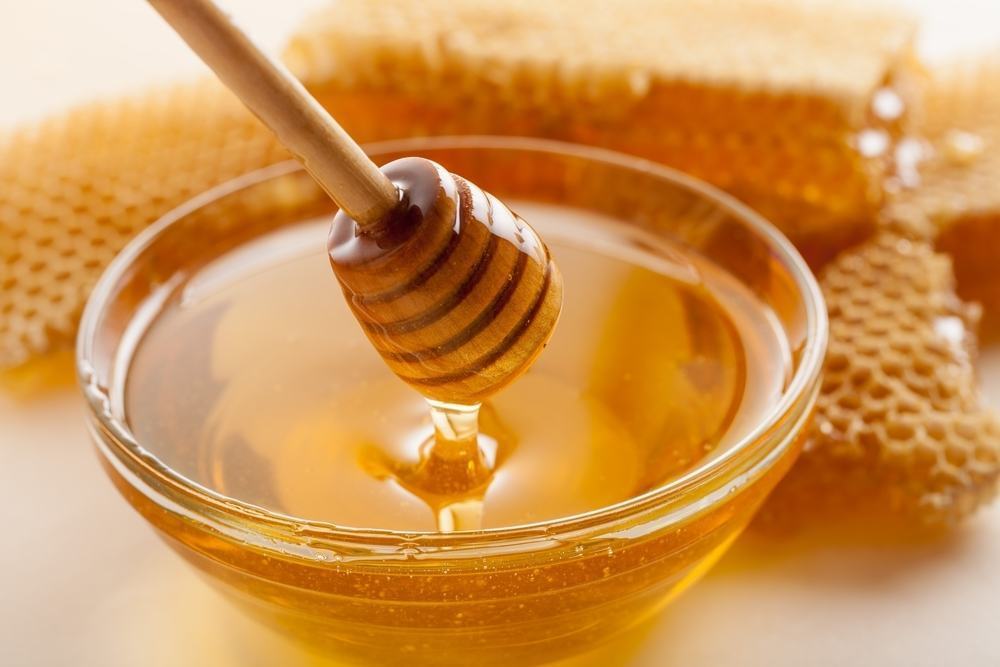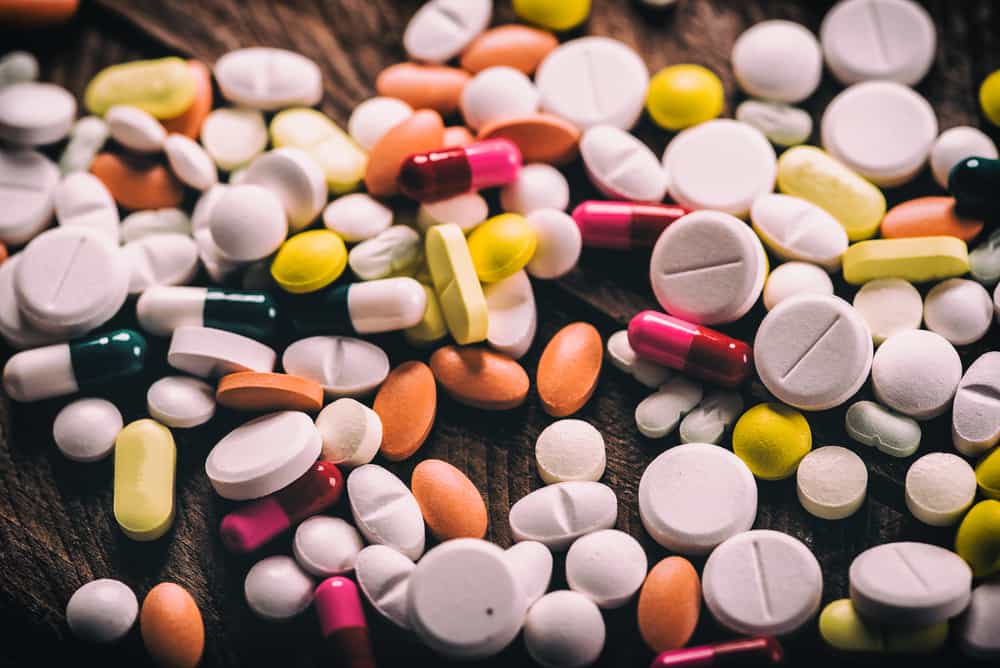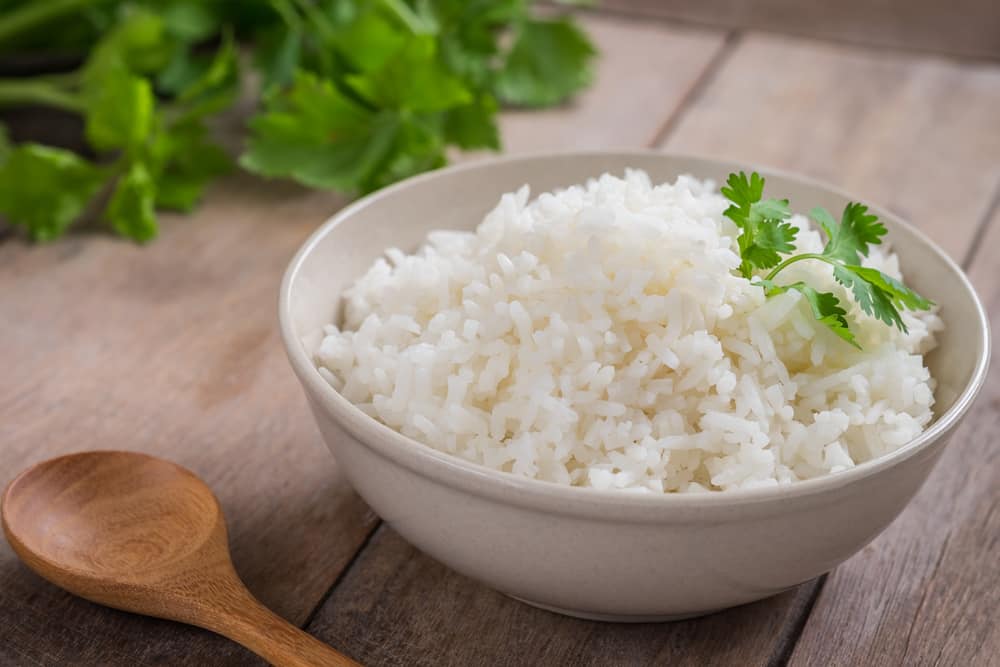Contents:
- Medical Video: Healthy Ways to Sweeten Your Food
- What is sugar?
- What are artificial sweeteners?
- Which one is better?
- Plus minus sugar
- The advantages of artificial sweeteners compared to granulated sugar
- Lack of artificial sweeteners
Medical Video: Healthy Ways to Sweeten Your Food
The increasing number of people affected by degenerative diseases such as heart disease, stroke, to diabetes, we need to be more careful about what we eat. One type of food that is a scourge is sugar. Excessive sugar consumption can cause weight gain and in the future increase the risk of developing health problems. With these findings, limiting sugar consumption can be one of your choices for a healthier life.
What is sugar?
The sugar you use everyday for food and drink is sugar cane. This sugar is obtained from sugar cane plants that are processed and heated. The results of this process are in the form of crystals, or more you know as sugar. The limit of consumption of sugar in a day according to the Ministry of Health is 4 tablespoons, equivalent to 148 calories.
What are artificial sweeteners?
Then what is an artificial sweetener? According to the Food and Drug Supervisory Agency (BPOM), artificial sweeteners are a type of sweetener whose raw materials cannot be found in nature and produced through chemical processes. Examples of artificial sweeteners are aspartame, cyclamate, sukrolosa, and saccharin. This type of artificial sweetener is commonly used in processed foods such as syrup, soda, jam, and special foods intended for diabetics or special diet foods. If you see a product has a label sugar free, try to check the composition. Usually there are additional artificial sweeteners in it.
Artificial sweeteners have been regulated by BPOM. For example aspartame, the consumption limit per day is 40 mg / kg. This means that if you weigh 60 kg, then the limit of your aspartame consumption in a day is 2400 mg. In comparison, one can of diet soda contains about 180 mg aspartame. That way in a day you are allowed to consume approximately 13 cans of diet soda.
Which one is better?
To answer this question, you should first know the positive and negative effects of sugar and artificial sweeteners.
Plus minus sugar
Sugar has the best taste compared to artificial sweeteners. Several types of artificial sweeteners leave after taste like a bitter taste, for example. Sugar is also obtained from natural ingredients, namely sugar cane, so it is less likely to cause allergies or other reactions. While artificial sweeteners, for example aspartame, contain phenylalanine which is very dangerous for those who suffer from phenylketonuria.
However, sugar contains calories. Each tablespoon of sugar contains approximately 37 calories. If you use two tablespoons to make your favorite tea, then the total calories you consume are already 74 calories, only from sugar. And often we are not aware of how much sugar we consume. This can cause weight gain which will be followed by an increased risk of other diseases. Not only degenerative diseases, you are also prone to toothache.
The advantages of artificial sweeteners compared to granulated sugar
While on artificial sweeteners, the majority do not have calories. Or even if it contains calories, the amount is very little. The type of artificial sweetener that contains calories is a class of sweeteners derived from alcohols such as manitol, sorbitol, and xylitol. With a number of calories that are almost even almost nonexistent, artificial sweeteners are often used in products specifically for those who are on a diet. For comparison, if you weigh about 55 kg and you brew coffee using two sachet artificial sweeteners, you can consume around 116 cups of coffee to reach the maximum consumption of artificial sweeteners in a day. This is caused by the sweetness of artificial sweeteners which is much higher than ordinary sugar. Aspartame for example, the sweetness level is 200 times compared to sucrose or granulated sugar. Compare how many calories you consume if you brew 116 cups of coffee using sugar. The use of artificial sweeteners can clearly cut the amount of your calorie intake from sugar.
Besides artificial sweeteners tend not to increase blood sugar levels, because it is not included carbohydrates. Unlike sugar, which belongs to the carbohydrate group and can trigger the work of insulin when consumed. So artificial sweeteners are often found in special products for diabetics.
Lack of artificial sweeteners
But artificial sweeteners don't always get a positive response. Around 1970, research was conducted on saccharin and cancer. After being tested in mice, it was found that mice given saccharin in high doses had bladder cancer. Another study in 2005, as quoted by CNN, said that rats given high-dose aspartame (approximately equivalent to consuming 2000 cans of diet soda) had a high risk of suffering from leukemia. But the overall research related to artificial sweeteners is still unknown whether it gives the same effect to humans.
Not only associated with cancer, artificial sweeteners are also associated with weight gain. Even though it has a very small amount of calories, the use of artificial sweeteners that continuously will make our taste buds become "immune" with sweetness. You might lose lust for foods like vegetables and fruit that are actually healthy but not too sweet. In addition, because you already feel you eat less by using non-calorie sweeteners in your coffee, after that you will give reward yourself by eating a piece of cake or donut. Your body feels that it hasn't gotten real sugar so you then look for sugar from other foods.
And as quoted from Harvard Health Publication, Dr. Ludwig, a professor in child health states that there is a possibility that artificial sweeteners stimulate the formation of new fat cells so that it can trigger weight gain.
Further research is needed regarding artificial sweeteners and their effects on health. Its use can help especially for those who have certain health conditions such as diabetes and obesity. But whatever type of sweetener you choose, use it in sufficient portions.
READ ALSO:
- 5 Steps Reduce Eating Sugar
- Sugar and Sweet Food in Your Child's Meal Menu
- Revealing the Secrets of Soda Bubbles












